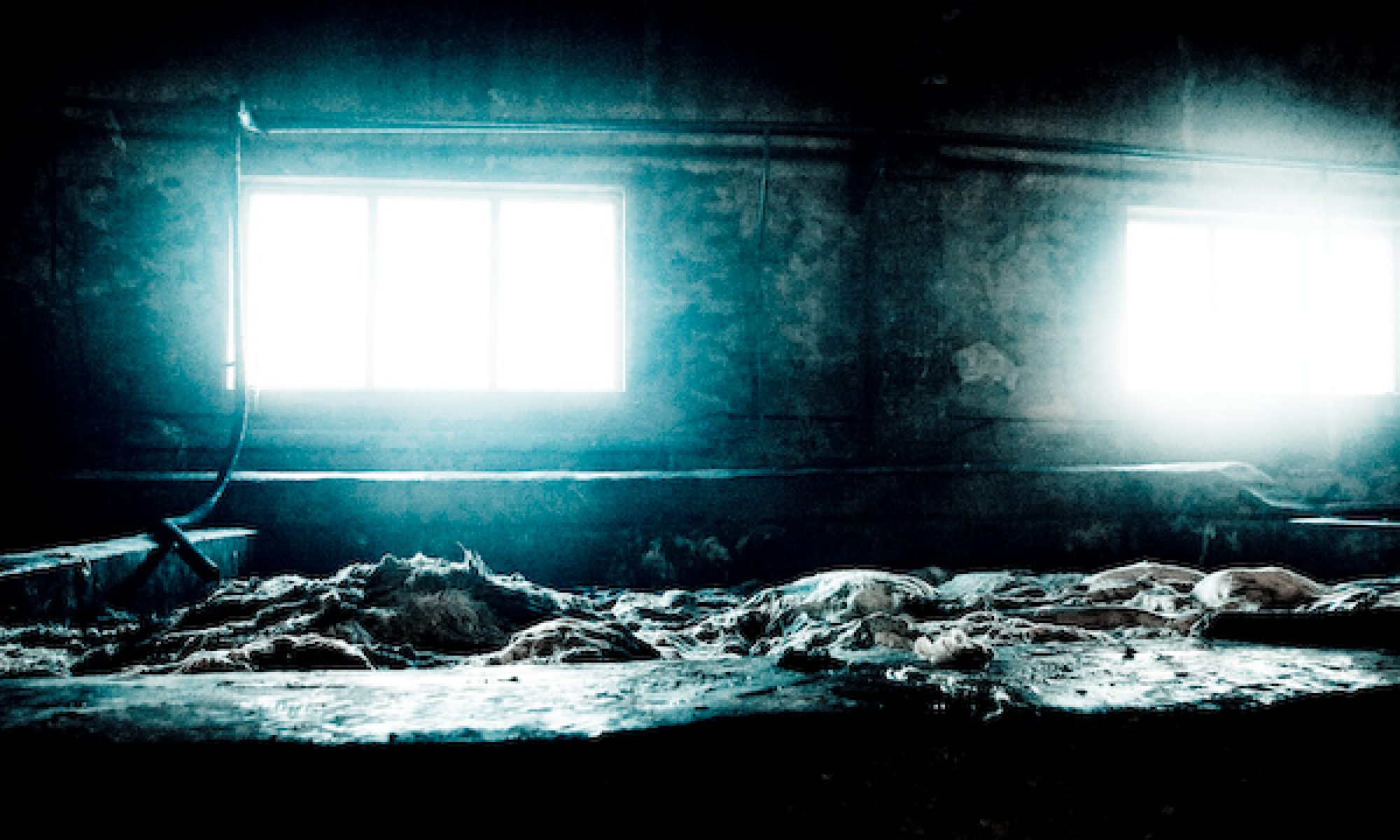On Death Metal:
>But unlike the garbled sound emanating from the lovable and occasionally frenetic Cookie Monster, death-metal vocals seem to come from a dark spot in a troubled soul, as if they were the narrator’s voice on a tour of Dante’s seventh circle of hell… Early death-metal bands such as Death and Morbid Angel that emerged from Florida in the mid-’80s helped create the musical template that characterized the blasting sound as well as that of its Satan- and occult-obsessed sibling, black metal: fast, relentless drumming often featuring two bass drums; grinding, rapid-fire chording on guitars; squealing guitar solos; muted electric bass; unexpected sudden tempo changes; and a sense of theatricality that’s inevitably threatening–“a horror film put to music” is how Monte Conner, a vice president at Roadrunner Records, sees it… To be a true Cookie Monster vocal, said Mr. Conner, who signed some of the subgenre’s biggest bands, including Sepultura and Fear Factory, “it’s got to be really, really guttural. It should sound like they’re gargling glass… If you want to make music that’s terrifying, you have to sing about ripping people’s heads off. Singing about puppies and kittens isn’t too cool.”…[^cookie]
[^cookie]:Jim Fusilli, ”That’s Good Enough for Me: Cookie Monsters of Death-Metal Music.,“ The Wall Street Journal, February 1, 2006, http://opinionjournal.com/la/?id=110007902.
>But metal cannot be conceptualized as a mere steam valve for psycho-social pressures, even if the turning of that valve is conceptualized as an active process. The notion of perceptual agency is at the heart of the death metal participant’s ideology. While much of metal in general and death metal in particular is energetic and aggressive, the musicians I spoke with were quick to disabuse me of the misconception that metal is merely angry music. Saladin explained that metal was about exploring all the emotions that hold a person back in their life… Over and over again, the metalheads explained that music listeners must not merely let sound wash over them, but they should listen to music _actively_, engaging with the msuic and making it meaningful. What distinguishes death metal and underground metal in general from commercial hard rock and pop metal, they said, is that the music requires active listening…[^steamvalve]
[^steamvalve]: Harris M Berger, ”Death Metal Tonality and the Act of Listening,“ _Popular Music_ 18, no. 2 (May 1999), p173.
>While it is not clear to me if the motivating power of death metal is generating a vanguard of energetic youth or drawing artistic and creative young
people into a trap of naive individualism, I believe that the political significance of musical sound is rooted in the meanings that the participants
constitute and the consequences of those meanings for the participants’ lives and the larger society.[^motpower]
[^motpower]:Harris M Berger, ”Death Metal Tonality and the Act of Listening,“ _Popular Music_ 18, no. 2 (May 1999), p175.
>The tonal dimension of music and the meaning sthat emerge from it are constituted by the subject’s active, perceptual organization of the sound in time.[^tdimen]
[^tdimen]:Berger (1999), p161.
>Starting from widely divergent perspectives and serving widely divergent conclusions, most scholars of metal have interpreted the music as an expression of the frustrations of the blue-collar young in a de-industrializing society that neither requires their labour nor values their presence.[^bluec]
[^bluec]:Berger (1999), p169.
>Twenty-five centuries ago, Plato warned in The Republic that “any musical innovation is full of danger to the whole State, and ought to be prohibited… when modes of music change, the fundamental laws of the State always change with them.”[^platowarn]
[^platowarn]:William S Fox and James D Williams, ”Political Orientation and Music Preferences Among College Students,“ _The Public Opinion Quarterly_ 38, no. 3 (Autumn 1974).
_word_ METALLIC adjective: grating, harsh, jarring, dissonant.[^metalthes]
[^metalthes]: Christine A Lindberg, ed., The Oxford American Writer’s Thesaurus (Oxford: Oxford University Press, 2004), p576.
_word_ HEAVY as an abstract adjective which also apply to its use in the term _HEAVY metal_.: weighty, forceful, arduous, onerous, dense, overcast, torrential, tempestuous, intense, immoderate, sad [^heavythes]
[^heavythes]: Christine A Lindberg, ed., The Oxford American Writer’s Thesaurus (Oxford: Oxford University Press, 2004), p423.
_word_ EPIC 1. noun: heroic poem, saga; 2. adjective: heroic, grand, monumental, ambitious, great.
_word_ BRUTAL adjective: savage, ferocious, wicked, ruthless, sadistic; heinous, abominable. __antonym:__ gentle, humane.
_word_ INTENSE 1. adj: extreme, fierce; exceptional, extraordinary; harsh, strong, powerful, potent, overpowering. 2. adj: passionate, vehement, fiery, spirited, vigorous.
